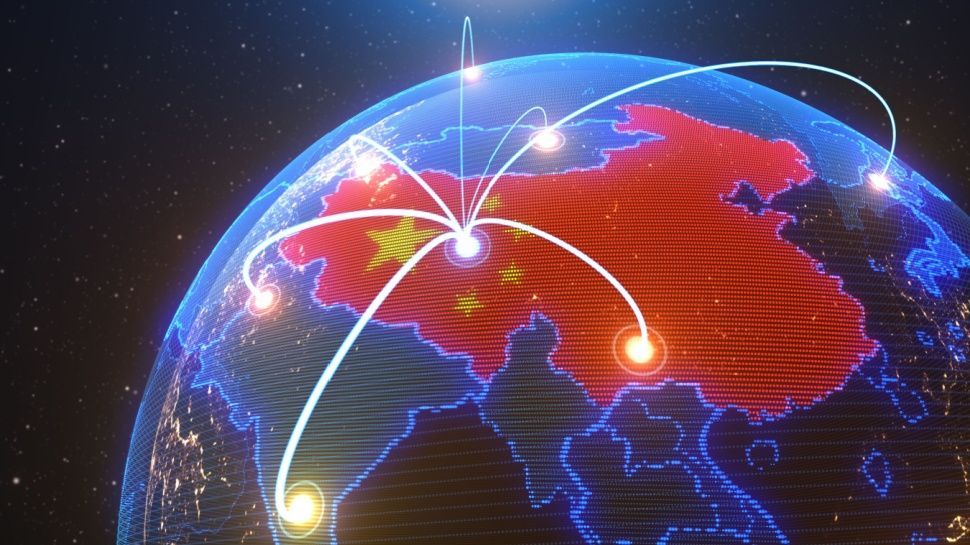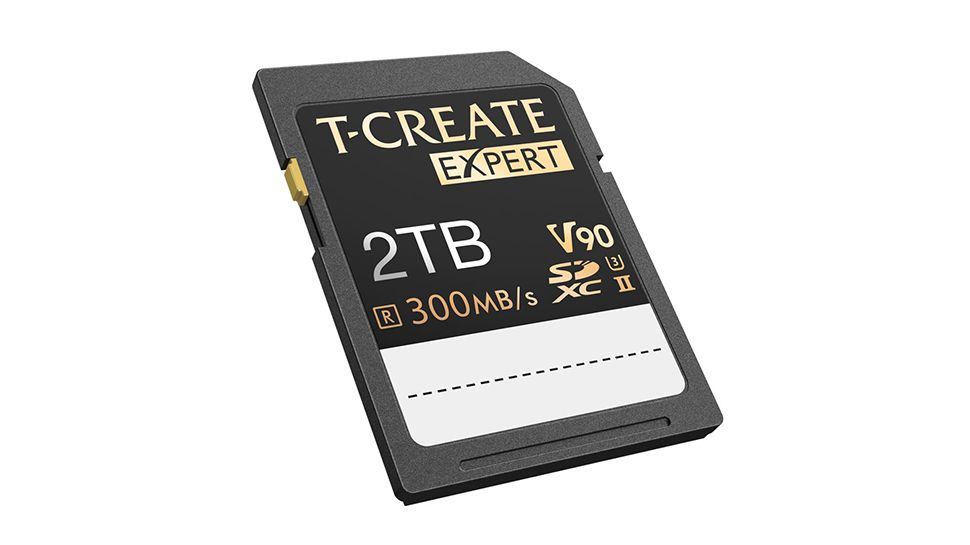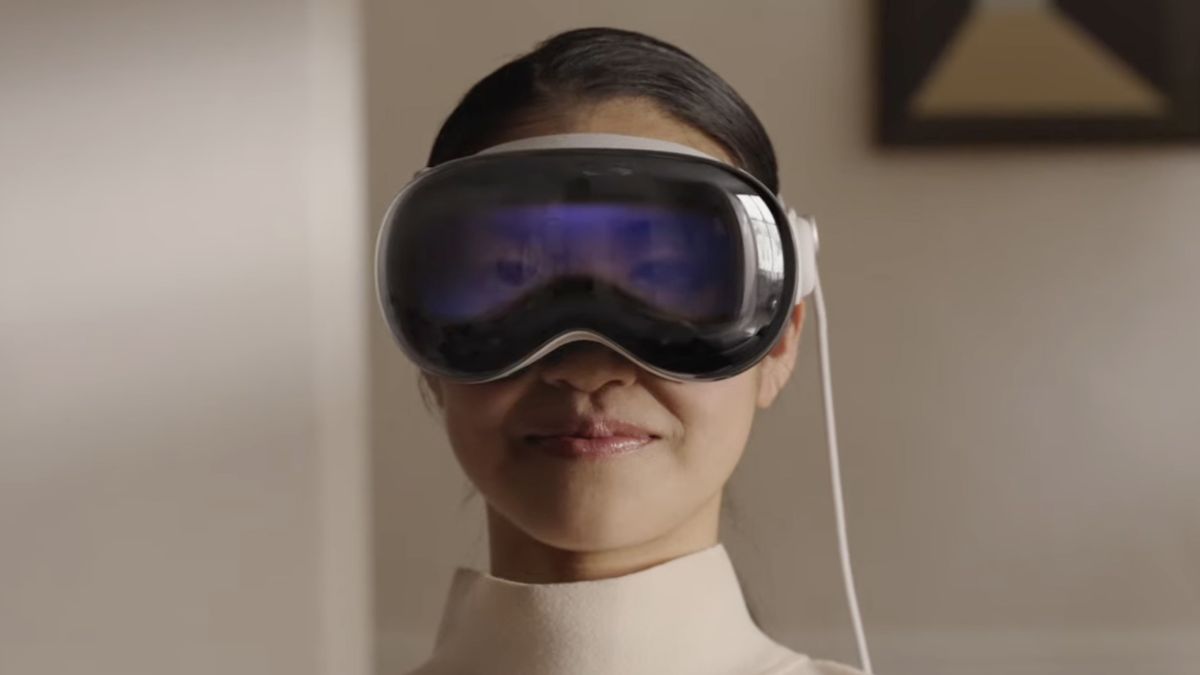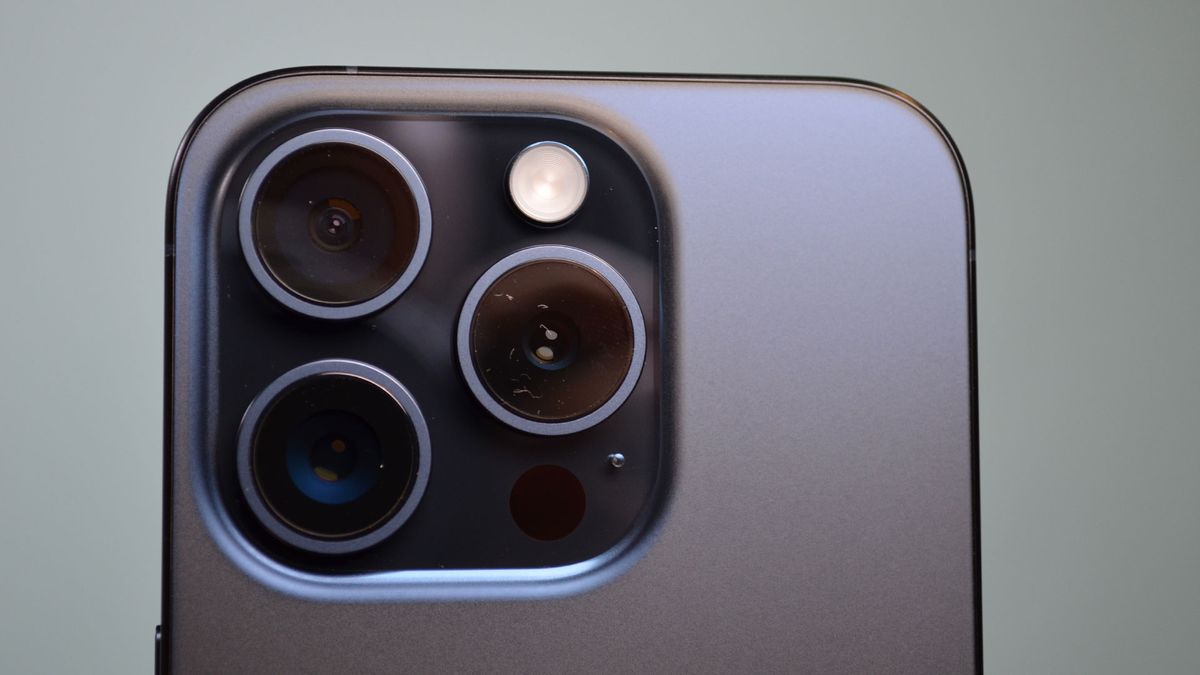New research from the Australian Strategic Policy Institute (ASPI) shows that China now leads the way in 57 of the 64 technologies assessed by its Critical Technology Tracker, which has now been updated to cover the past 20 years.
The tracker measures a country's performance based on the high-impact research it produces, specifically by looking at the number of publications its institutions published in the top ten percent of cited articles in that specific field.
The data studied came from a variety of fields, including artificial intelligence, cybernetics, defense and robotics.
Potential monopolies
Between 2003 and 2007, the United States led in 60 of the 64 categories, with China in three and Japan in the last, distributed ledgers. By contrast, the United States now leads only in small satellites, genetic engineering, quantum computing, vaccines and medical countermeasures, nuclear medicine and radiation therapy, and natural language processing.
Among the aspects ASPI monitors is the potential for monopolistic control of a technology by a single nation. The institute identified 24 “high risk” categories, up from 14 last year. China leads in all of the newly classified monopolistic technologies, and all could be considered defense-oriented, such as drones, satellite navigation and radar. The report adds:
“Given the extent to which strategic influence will be determined by technological primacy, even the United States has shown that it needs reliable partners in research, innovation and industry to maintain an edge over major competitors like China.”
Elsewhere, India is becoming a bigger player, ranking in the top five in 45 fields. The EU is second in 30 technologies overall and, when measured as a bloc, reduces monopoly risk by increasing the share of research produced. The UK has fallen out of the top five in eight technologies since last year, and now only ranks high in 36 fields in total.
Through The Registry









